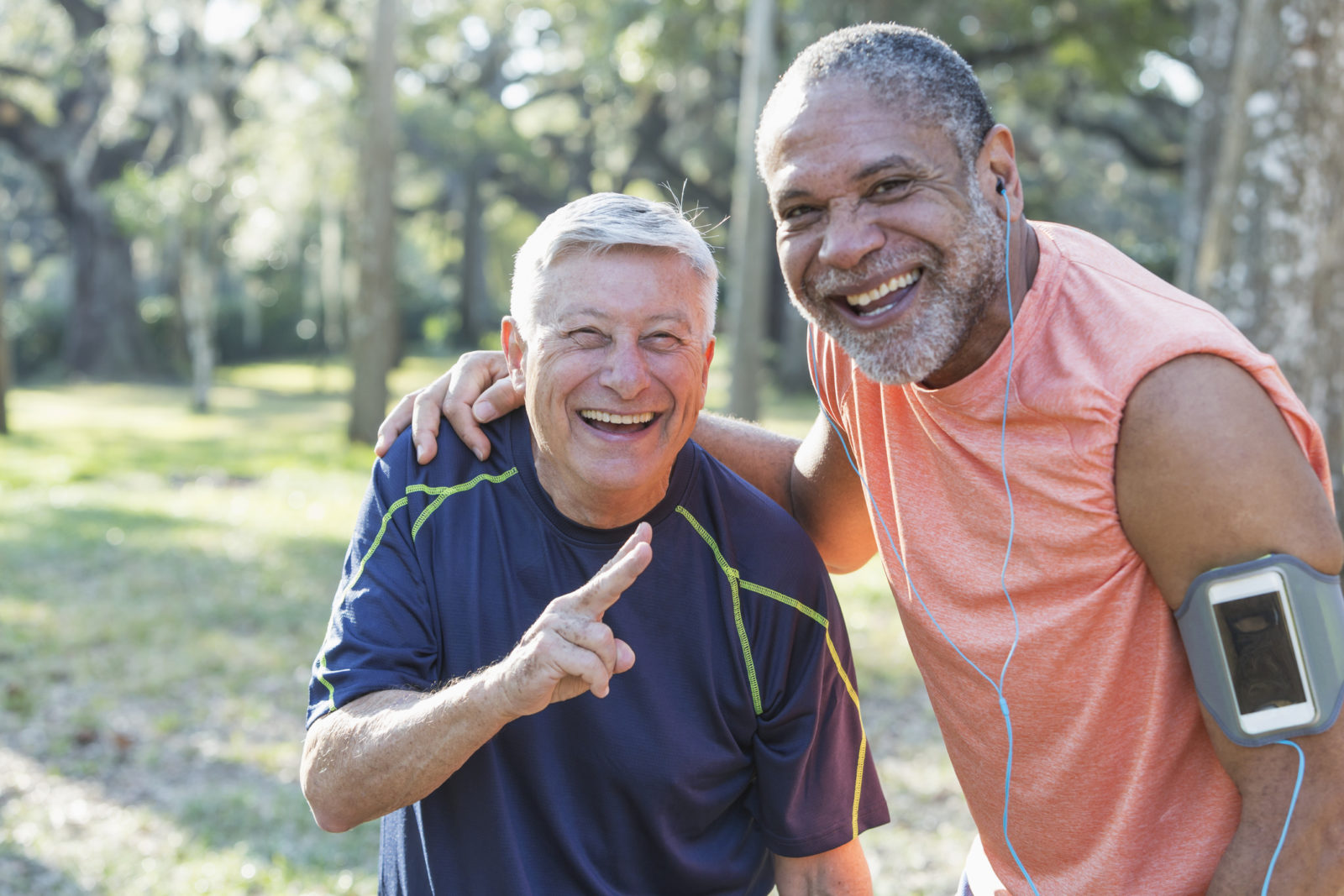Exercise Is a Key Component to Aging Well

The famous centenarian George Burns once quipped, “If I knew I was going to live this long, I would have taken better care of myself!” More and more, taking care of oneself isn’t about extending the length of one’s life – it’s about continuing to live well as we age. One of the most important ways seniors can take care of themselves is to exercise.
Older Americans need exercise more than the young
The older you get, the more important exercise becomes. Seniors need to exercise more than their younger counterparts because they are at greater risk for the health conditions that exercise can prevent, which include heart disease, diabetes, and stroke, among others. Numerous studies have shown that regular exercise protects the body against chronic diseases, improves mood and lowers your chance of injury.
It’s never too late to start a healthier lifestyle
It’s best to start an exercise program as early in life as possible. But research has shown that
even when started late in life, exercise provides amazing benefits. British researchers conducted a study of seniors’ activity level over the course of eight years. They discovered that those who were active at the start of the study and remained so throughout the eight years had the lowest incidents of chronic diseases, memory loss and physical disability. Those who were sedentary at the start of the study and who started an exercise program and sustained it throughout the study did nearly as well, achieving a sevenfold decrease in their risk of becoming ill or frail compared to those who remained inactive throughout the length of the study.
A little effort makes a big difference
The good news is that even moderate exercise provides benefits. A study published in the American Journal of Medicine found that as little as 30 minutes of aerobic exercise (which can be as simple as walking) three times a week may reduce your risk of heart disease by as much as 60 percent. In another study involving seniors from age 72 to 98, subjects lifted leg weights three times a week for 10 weeks. At the end of the study, leg strength had increased by 113 percent! Strong legs help prevent falls, one of the main causes of injury among seniors.
Exercise is also good for the mind
Most of us understand the need for staying active to keep our bodies fit. But what about our minds? Does exercise help us maintain a healthy brain? Research says the answer is an overwhelming “Yes!” In a study published in Neurology, participants who reported high levels of physical activity had less cognitive decline over a five-year period than those who reported no to light exercise. The difference between the two groups was equivalent to 10 years of aging. In another study involving more than 600 people in Scotland, researchers discovered that people in their 70s who participated in physical exercise had less brain shrinkage than those were more sedentary. They also had fewer signs of aging in the brain overall, including better brain circuitry connections. According to the Alzheimer’s Research & Prevention Foundation, physical exercise reduces your risk of developing the disease by 50 percent.
According to the American Academy of Family Physicians, almost all older people can benefit from increased physical activity. So check with your doctor about starting an exercise routine and start adding more years to your life and life to your years!
![Family Home Health [logo]](https://www.familyhomehealthnetwork.com/wp-content/uploads/sites/250/2017/04/logo-new.png)